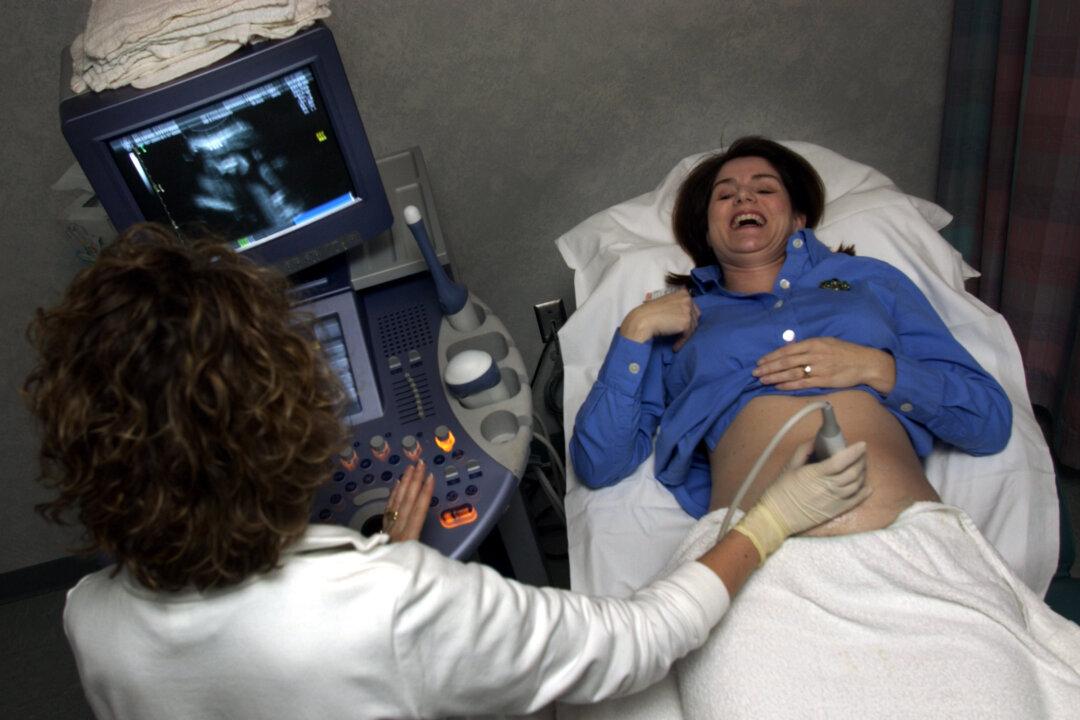Commentary
This year, several states have introduced or are passing so-called “heartbeat bills”—bills that ban abortion once a heartbeat is detected, usually at six weeks.

This year, several states have introduced or are passing so-called “heartbeat bills”—bills that ban abortion once a heartbeat is detected, usually at six weeks.